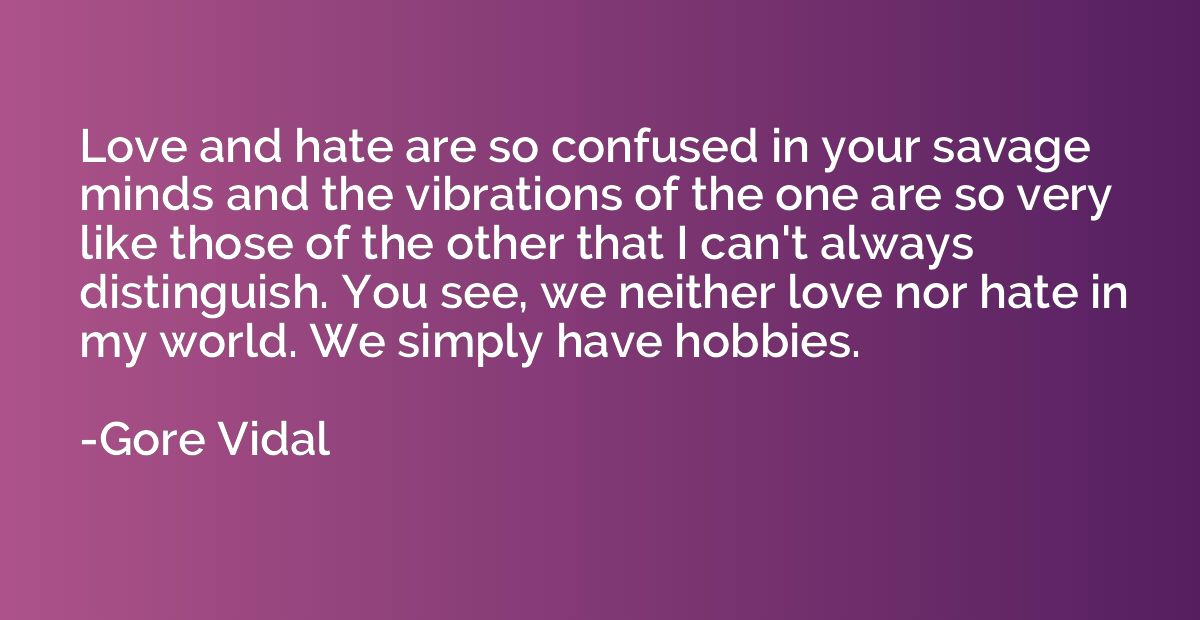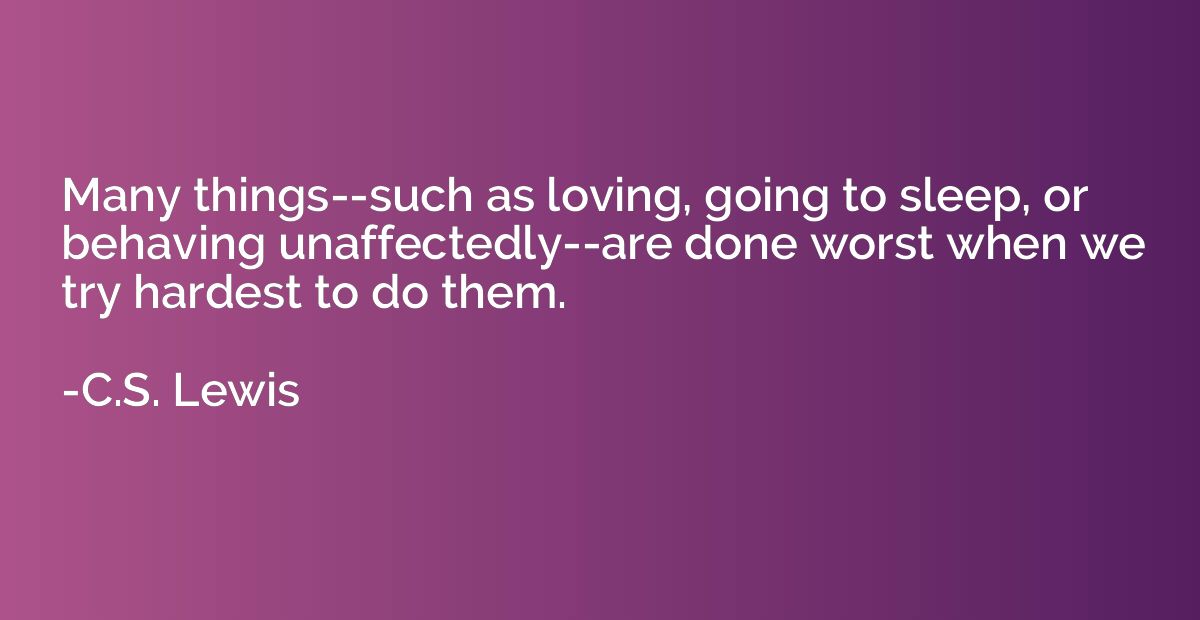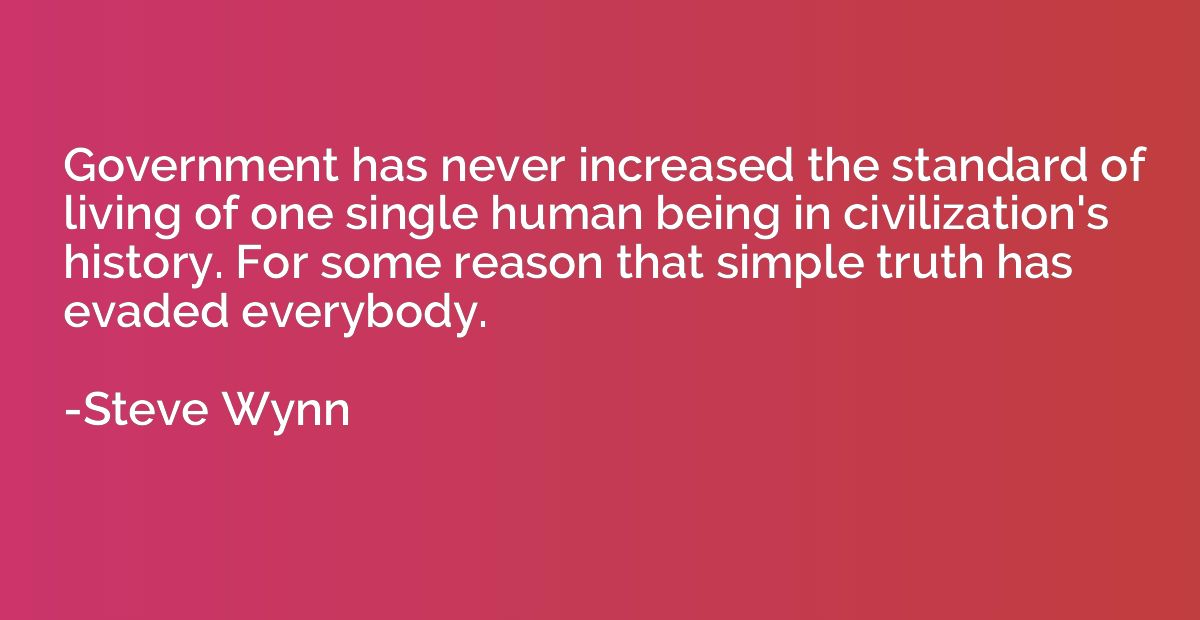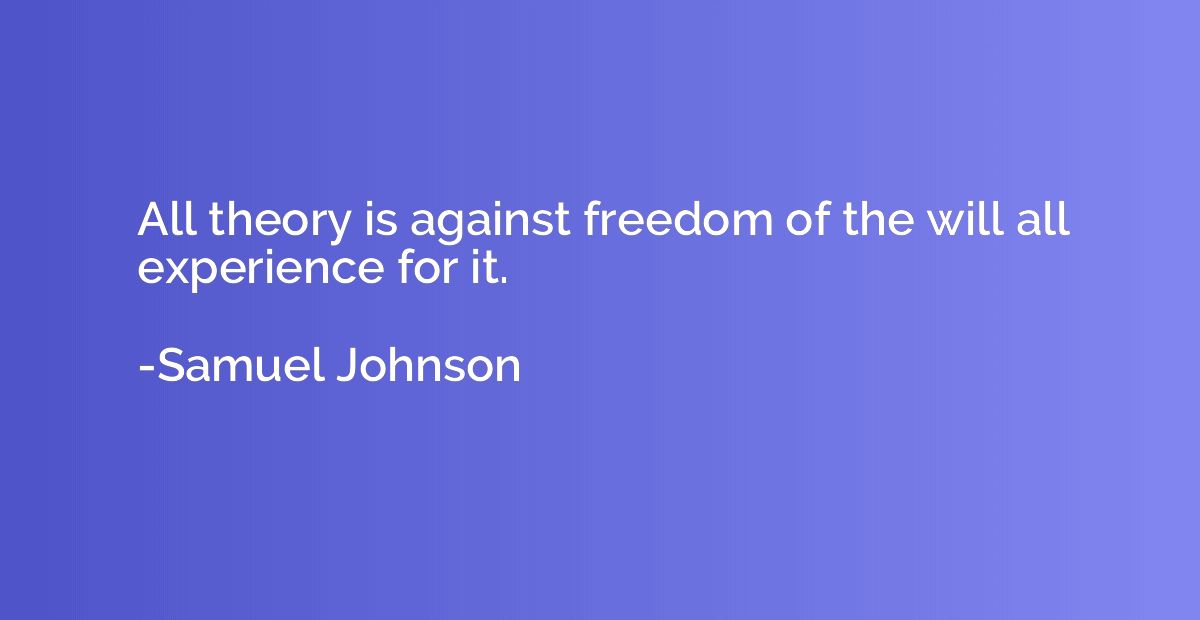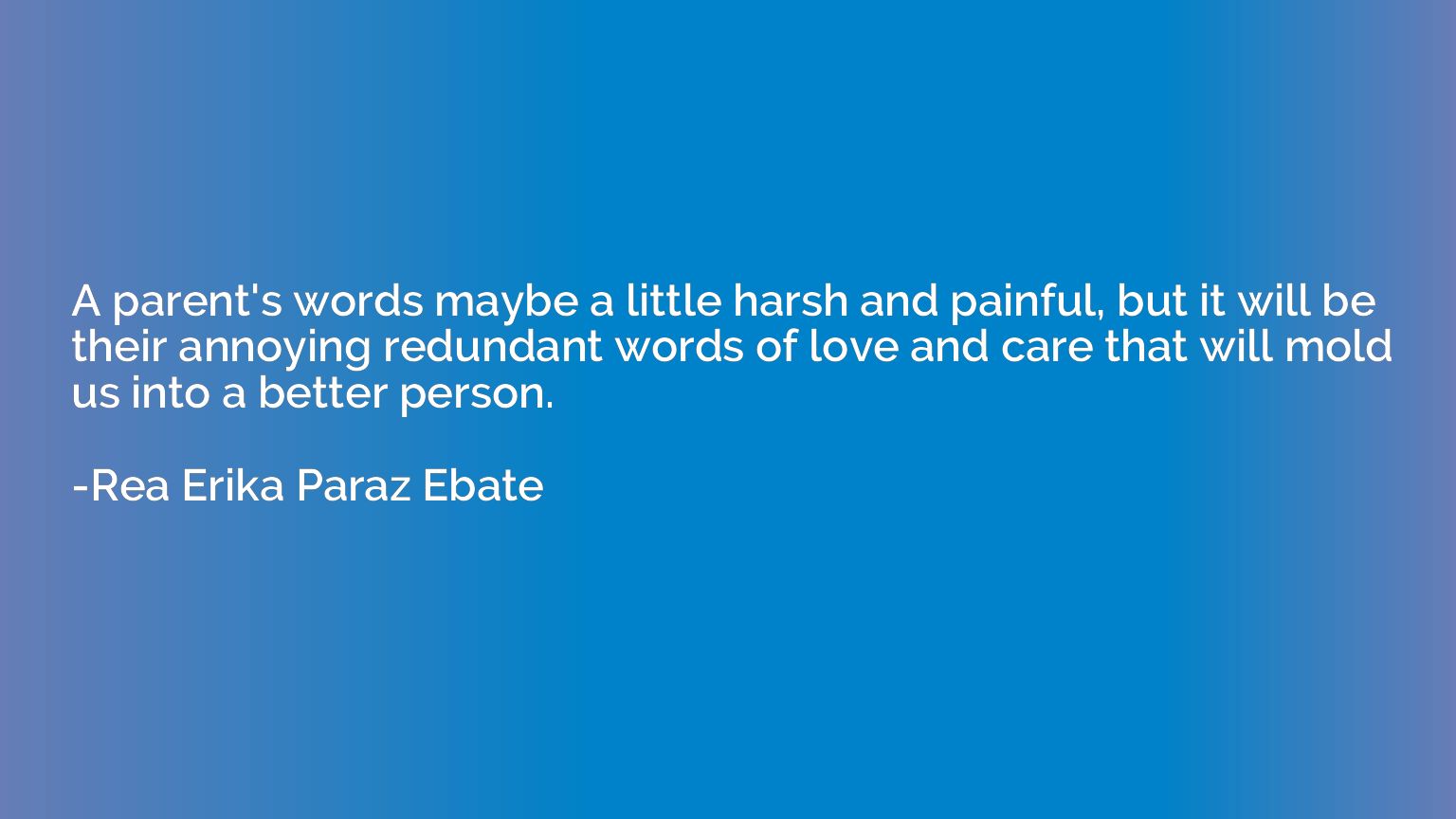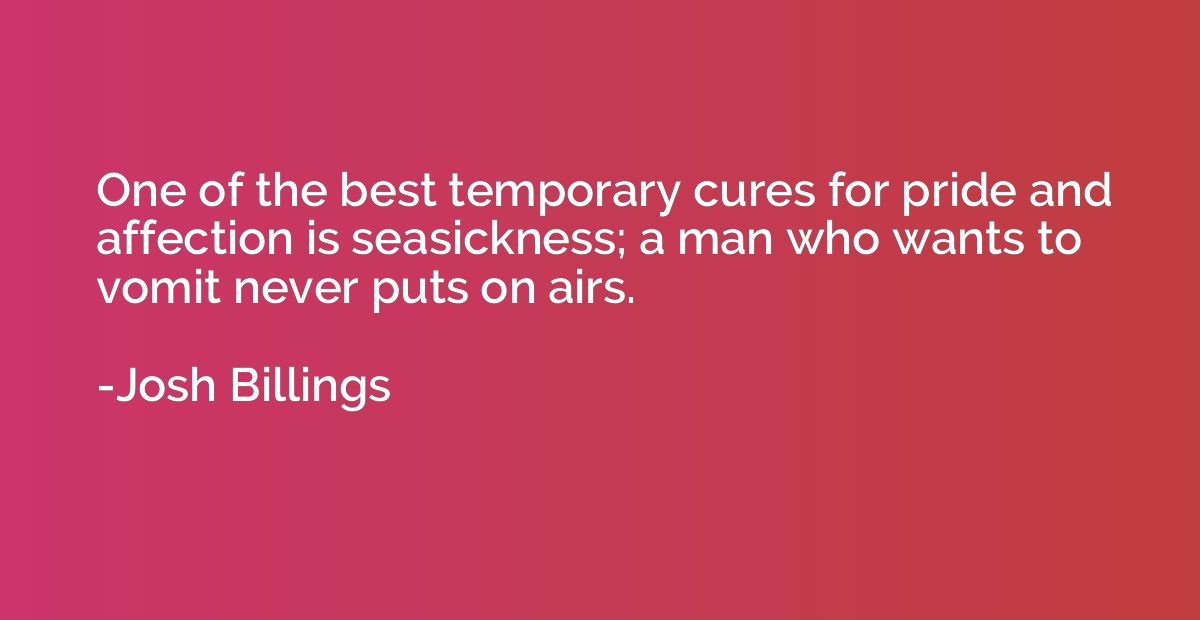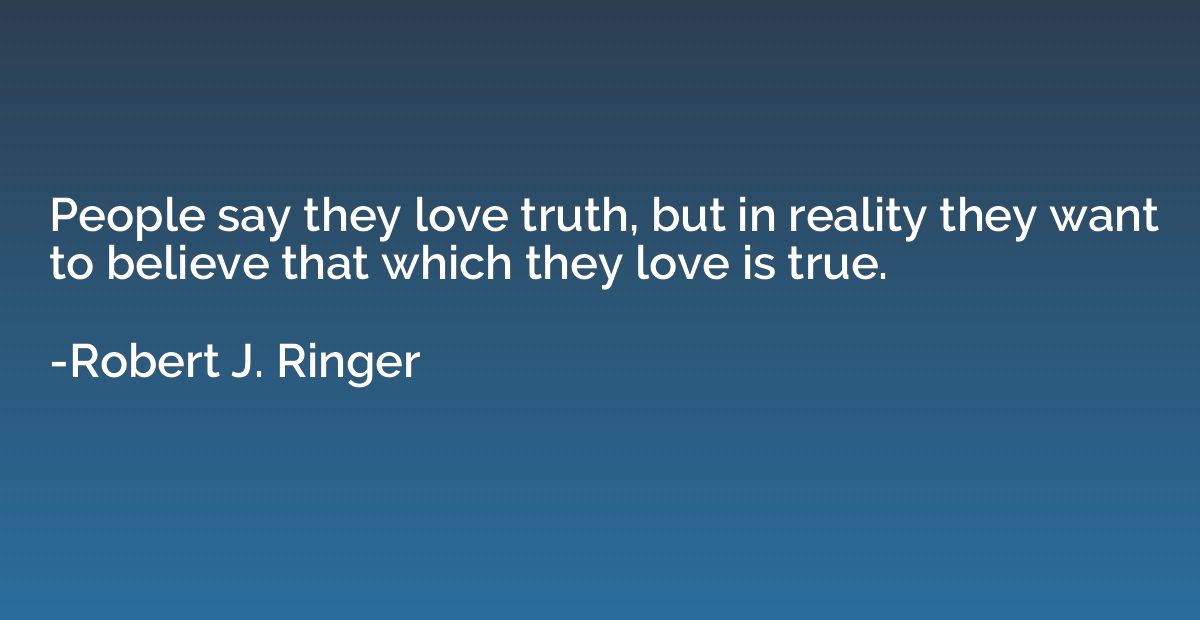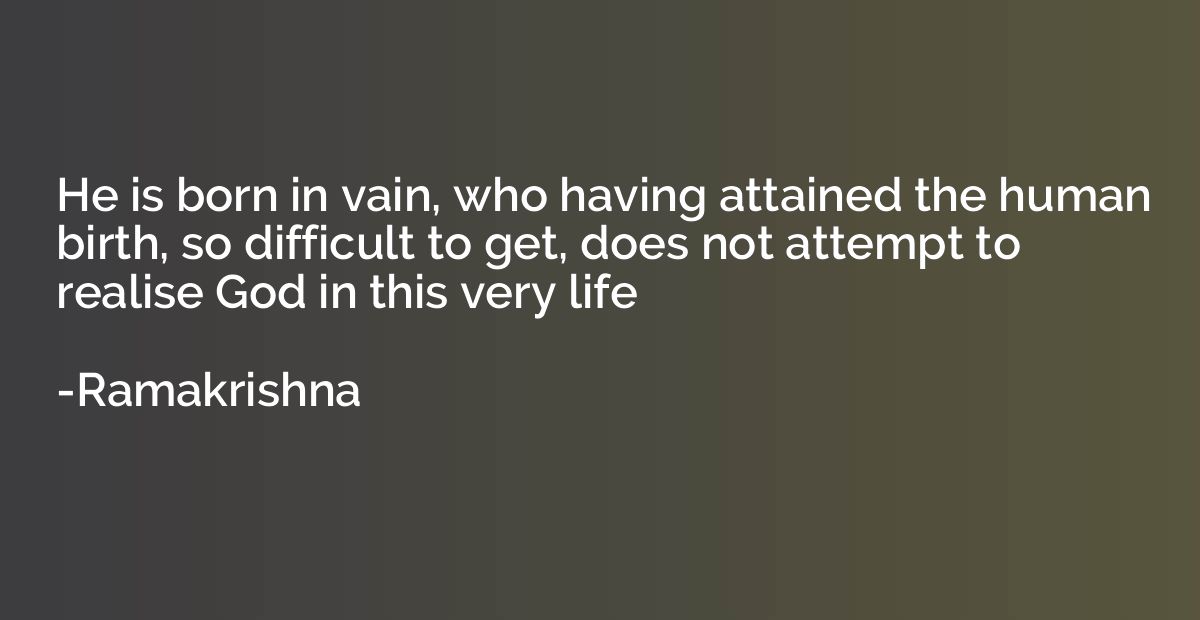Quote by Rita Mae Brown
Moral passion without entertainment is propaganda and entertainment without moral passion is television.
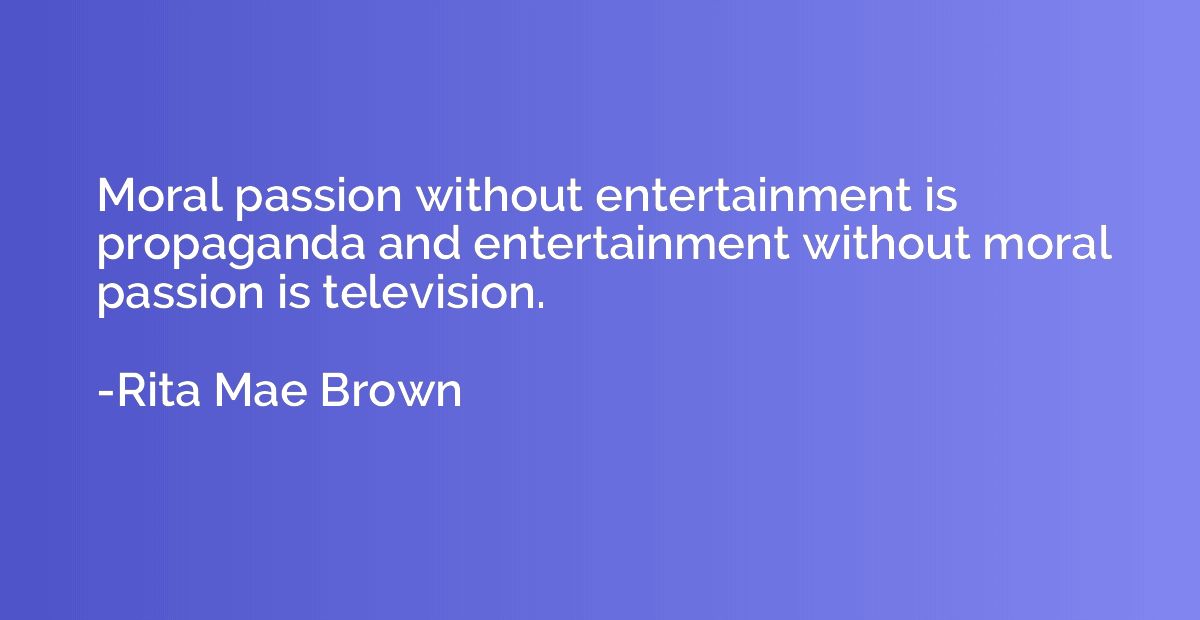
Summary
This quote suggests that both moral passion and entertainment are necessary ingredients in any form of media or storytelling. It implies that when moral passion is devoid of entertainment value, it becomes one-sided propaganda that only seeks to promote a particular agenda. On the other hand, when entertainment lacks moral passion, it becomes mindless and empty, resembling shallow television programming. The quote highlights the importance of balancing moral values and captivating storytelling to create meaningful and engaging content.





